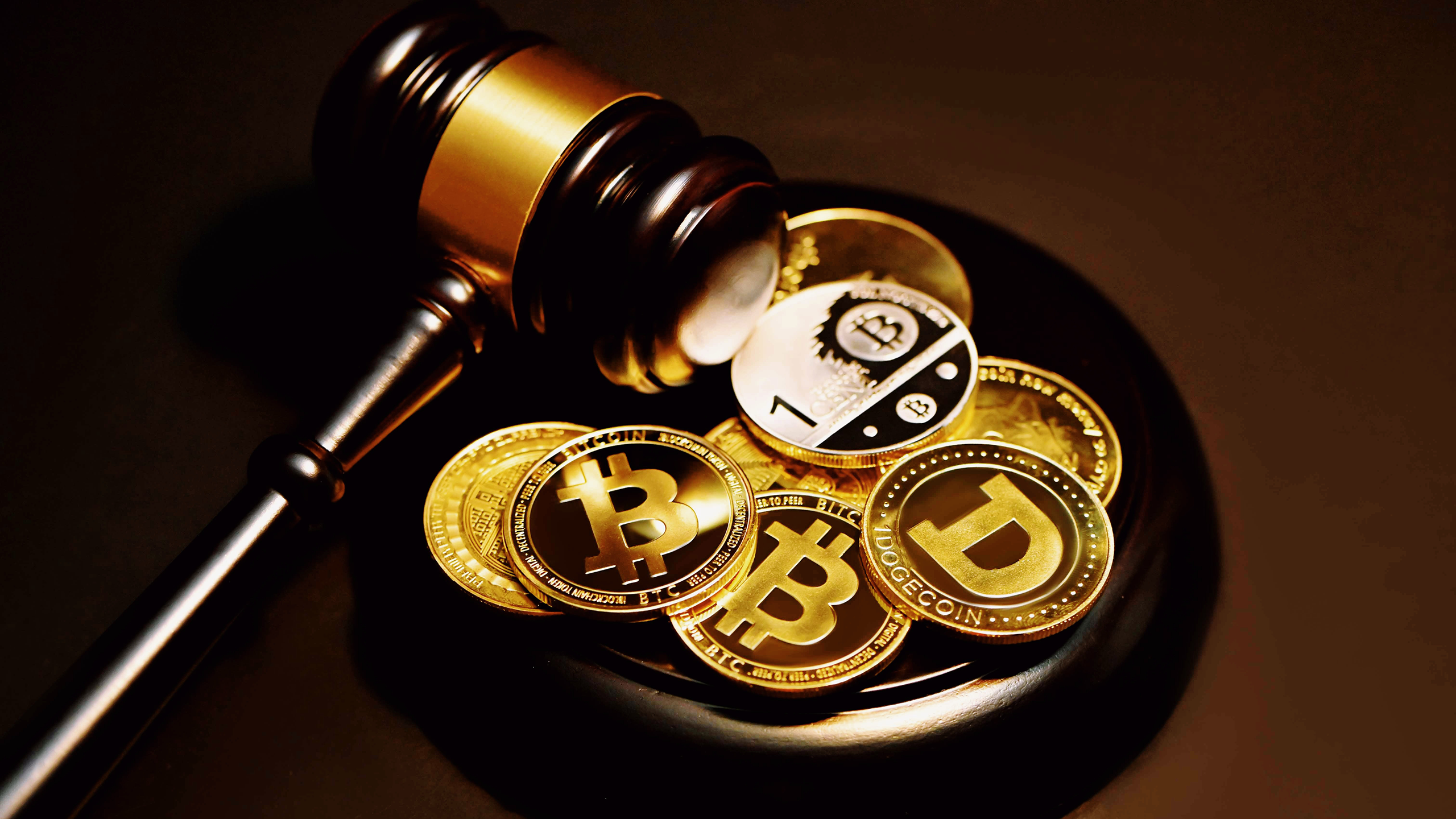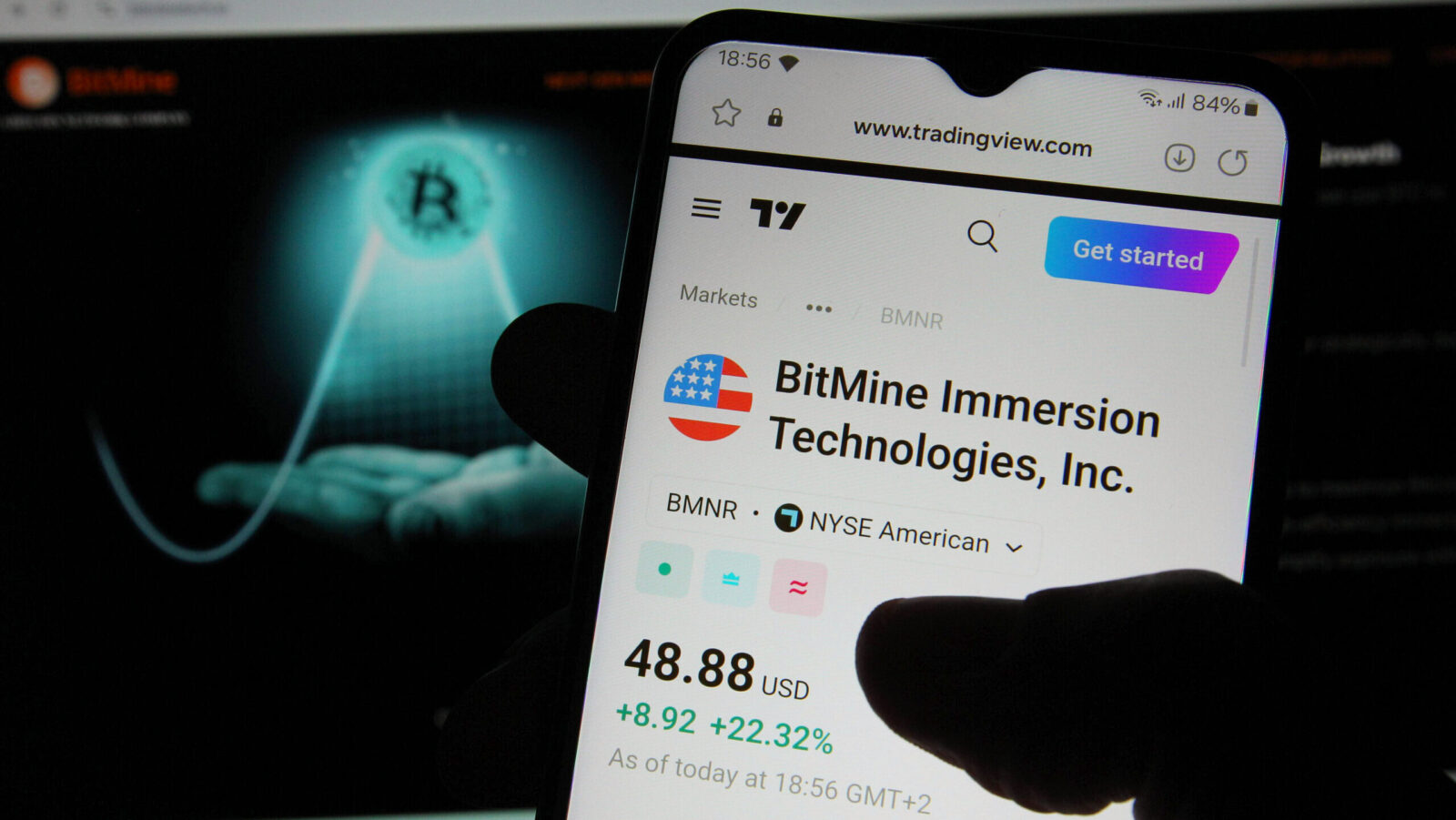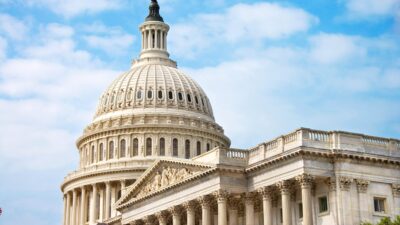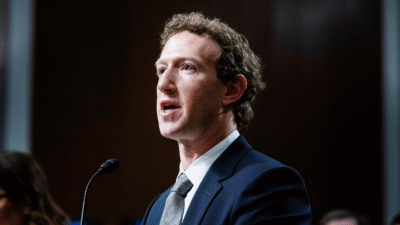UK Regulator Says ‘Finfluencers’ Can’t Hide Behind Memes for Marketing
The Financial Conduct Authority has instituted clear guidelines for how financial influencers use social media for marketing.

Sign up for smart news, insights, and analysis on the biggest financial stories of the day.
Whether it’s Pam Beesly holding up two identical photos, Homer Simpson retreating into a hedge, or Kermit the Frog drinking a cup of Lipton tea, promotional-use rules still need to be followed.
The Financial Conduct Authority, a UK watchdog, is cracking down on financial influencers — or “finfluencers” — who use popular memes as a way to market their products and investments, which in plenty of cases, have turned out to be scams.
Trade Offer!
Social media has become flooded with advertisements for financial services — minutes-long commercials about why you’d be a fool not to buy a finfluencer’s crash course on drop shipping, crypto mining, or the stock market. Occasionally, they might offer some worthwhile nuggets of information, but most come off as too good to be true — and some are downright deceptive. Their ubiquity across the internet only ramped up during the pandemic.
But even dodgy advertisements take time and money to produce. Now there’s a quicker and cheaper way to get a similar message across: funny memes. But regulators aren’t amused:
- The FCA’s grievances lie mostly in forum and chatroom-based platforms like Reddit and Telegram, where in 2022, the regulator had about 10,000 misleading ads for financial services removed, many of which dealt with cryptocurrencies.
- The regulator announced this week that promotions — even in meme form – must be fair, clear, and not misleading. To stamp out further fraudsters, the FCA will require finfluencers to get approval from an FCA-appointed representative to be able to make advertisements and memes about financial products.
Fair Warning: “Promotions aren’t just about the likes, they’re about the law,” the FCA’s Lucy Castledine said in a statement Tuesday. “We will take action against those touting financial products illegally.”











